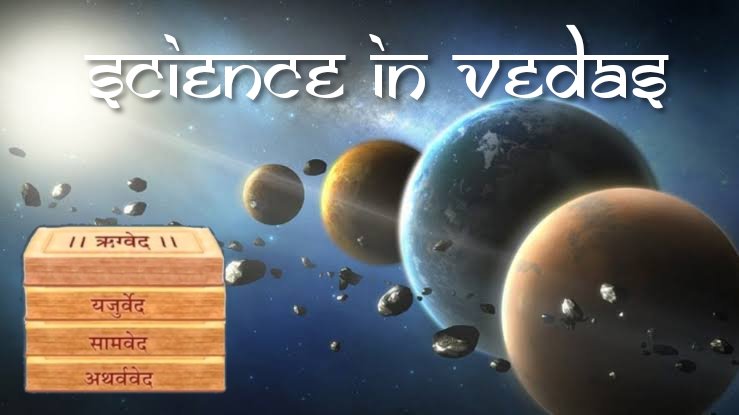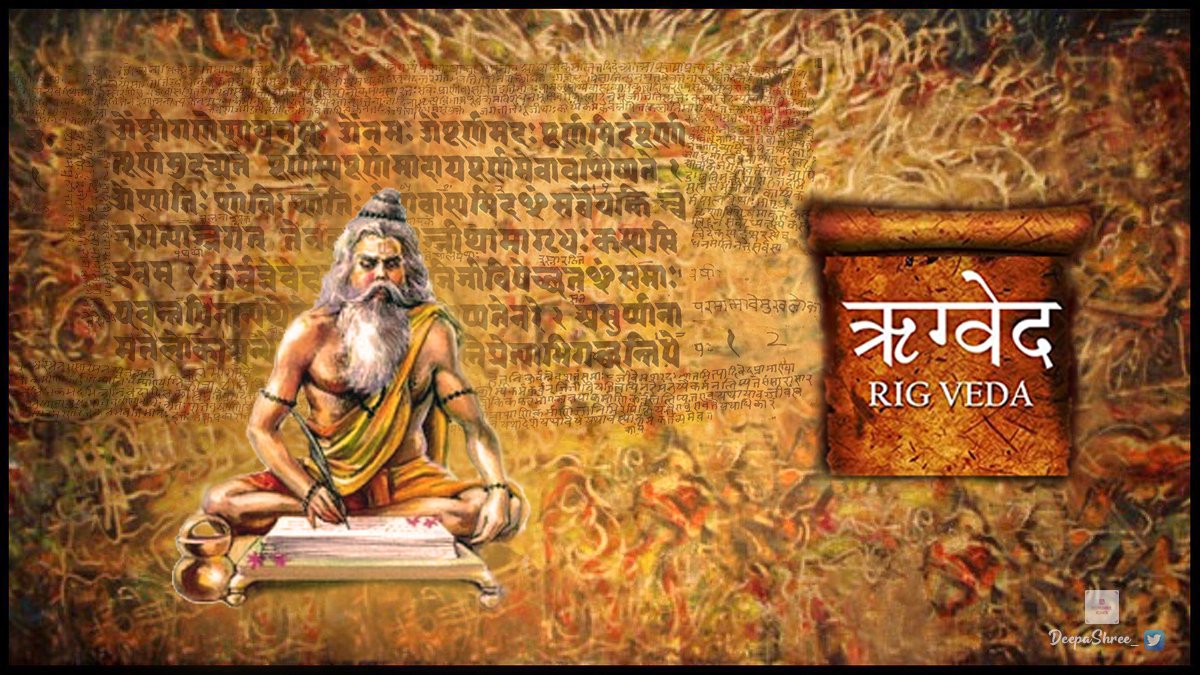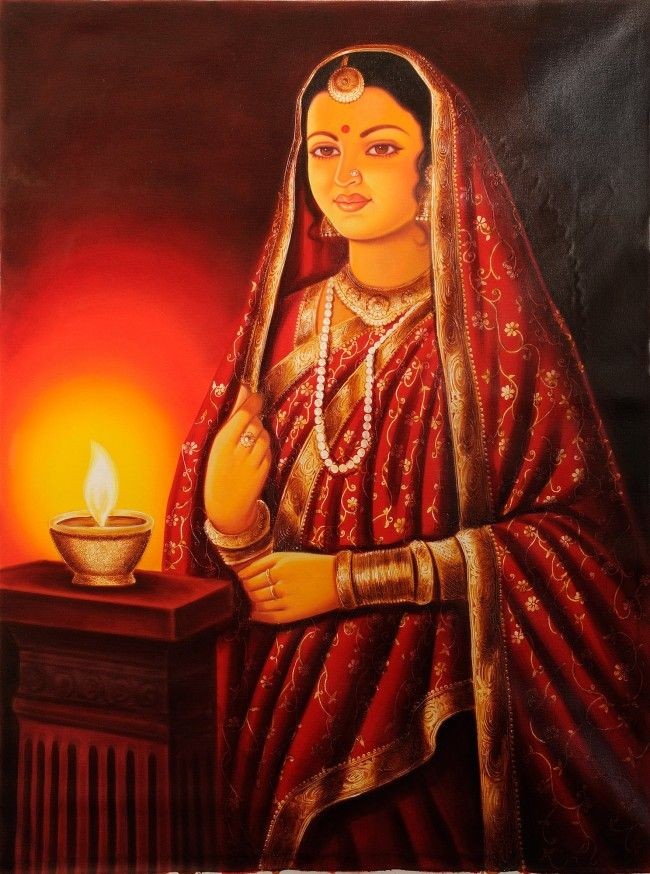#Women_And_The_Vedas
Sanskrit terms used by the husband for the wife were Pathni (the one who leads the husband through life), Dharmapathni (the one who guides the husband in dharma) and Sahadharmacharini
@Sanjay_Dixit @Aabhas24 @jkd18
Pic credit @mkg_creative
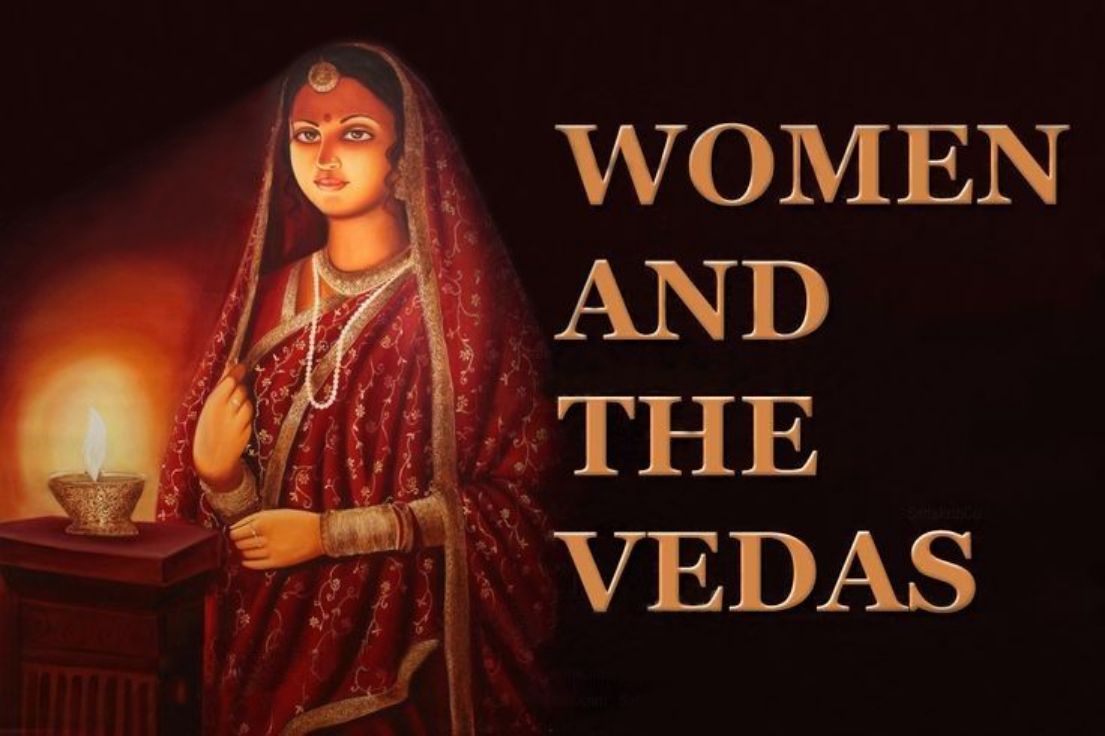
This is how ancient Vedic culture viewed the partnership of husband and wife.
In Rig Veda(10.85), the marriage hymn, states that the
@hgoyal1 @sinhapurna13 @iamvinitshinde
pic credit : @NotAgainRaj
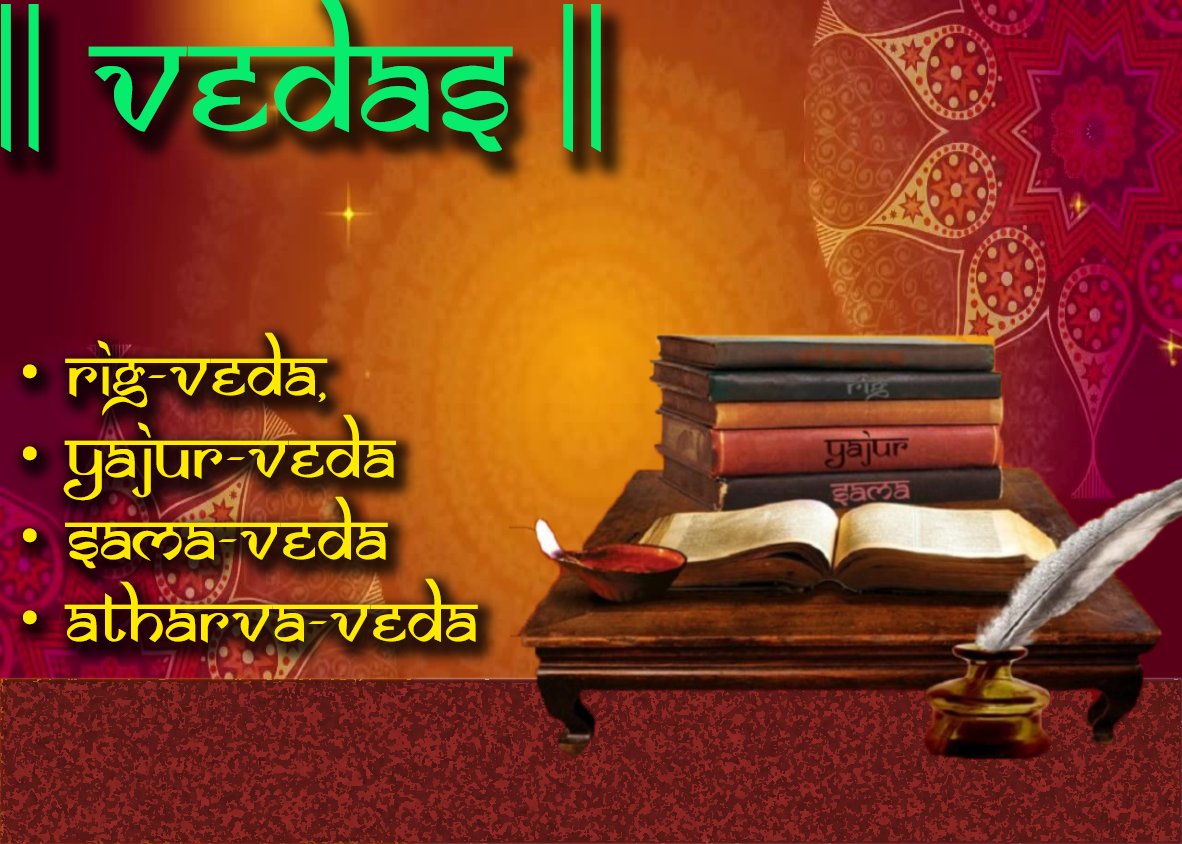
Woman is designated as:
Aditi, because she is not dependent (Nirukta, 4/22)
@mehergardhBaloc @gopugoswami @shagun_bh @Bharat_Veer11 @Simran79
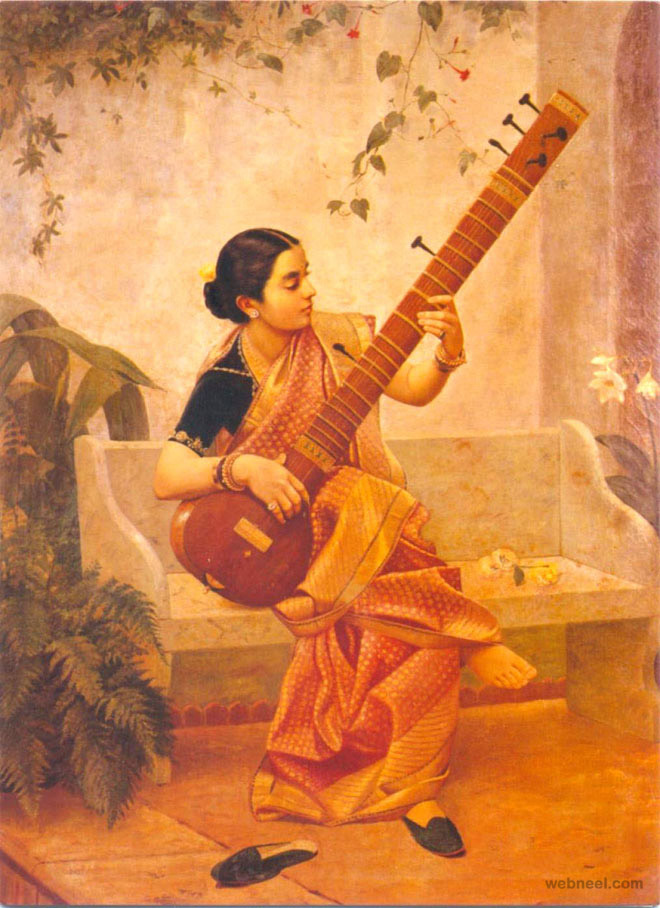
Bŗhatī, for she is large hearted (Yajur Veda 11/64)
Chandrā, because she is happy (Yajur Veda 8/43)
Devakāmā, since she is pious. (Atharvar Veda 14/1/47)
@brahman_kanya @umaThurman999 @Aadishakti_101 @RajeevRanjanDU
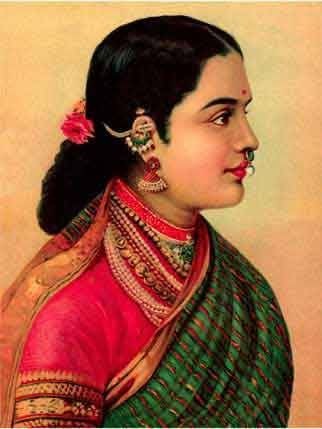
Dhruvā, for she is firm (Yajur Veda 11/64) ā
Havyā, because she is worthy of invocation (Yajur Veda 8/43)
Idā, for she is worshippable (Yajur Veda 8/43)
@saffornita @LalitaIyer8 @pdkamath @RSR_MeriDuniya
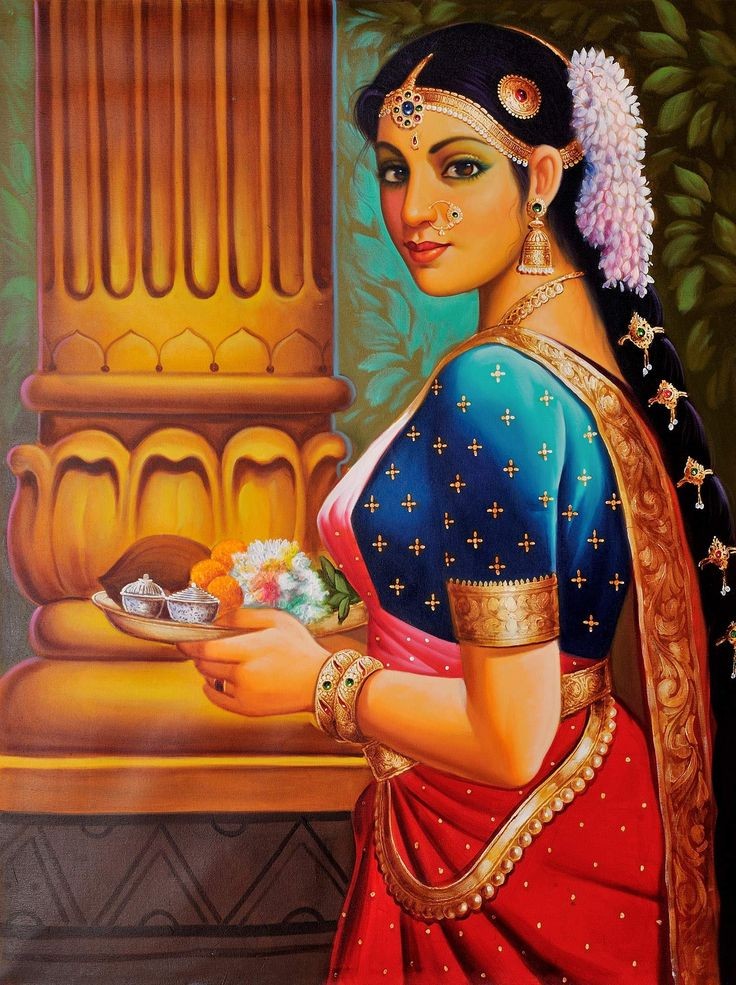
Kāmyā, because she is lovable (Yajur Veda 8/43)
Kshamā, for she is tolerant/indulgent /patient (Atharvar Veda 12/1/29)
Mahī, since she is great (Yajur Veda 8/43)
@real_sarita_M @sillyxasm
pic credit : @DeepaShree_AB
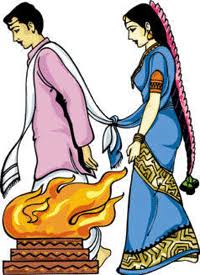
Nārī, for she is not inimical to anyone (Atharvar Veda 14/1/59)
Purandhih, for she is munificent, liberal (Yajur Veda 22/22)
Rantā, because she is lovely (Yajur Veda 8/43)
@vivekvardhan05 @vedicvishal @VaibhavKafeer
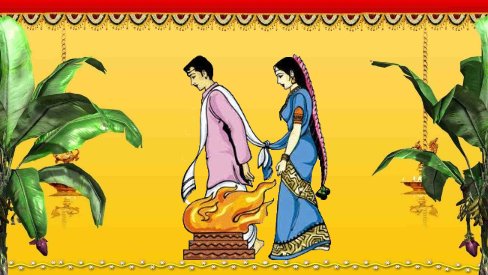
Sanjayā, since she is victorious (Rig Veda 10/159/3)
Sarasvatī, since she is scholarly (Yajur Veda 20/84)
Simhī, since she is courageous (Yajur Veda 5/12)
@Shalini03927320 @aakuraj @nsbchd
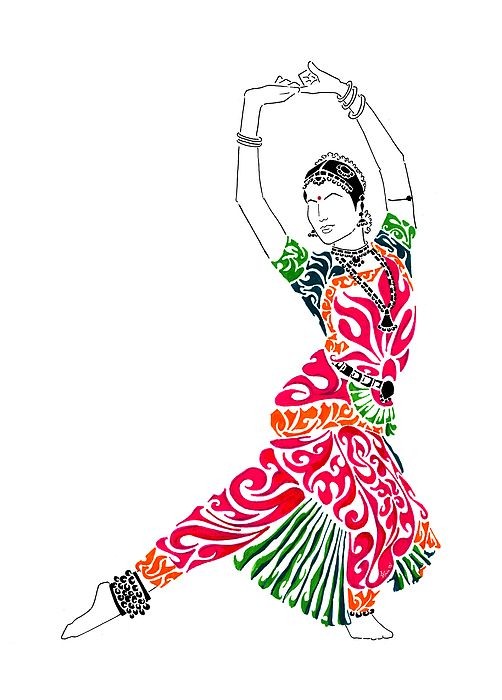
Sivatamā, since she is the noblest (Rig Veda 10/85/37)
Strī, since she is modest (Rig Veda 8/33/9, Nirukta 3/21/2)
Subhagā, because she is fortunate (Yajur Veda 8/43)
@atrivandi @kkgiyer1969 @panwar_smita
@sandeeparya1974
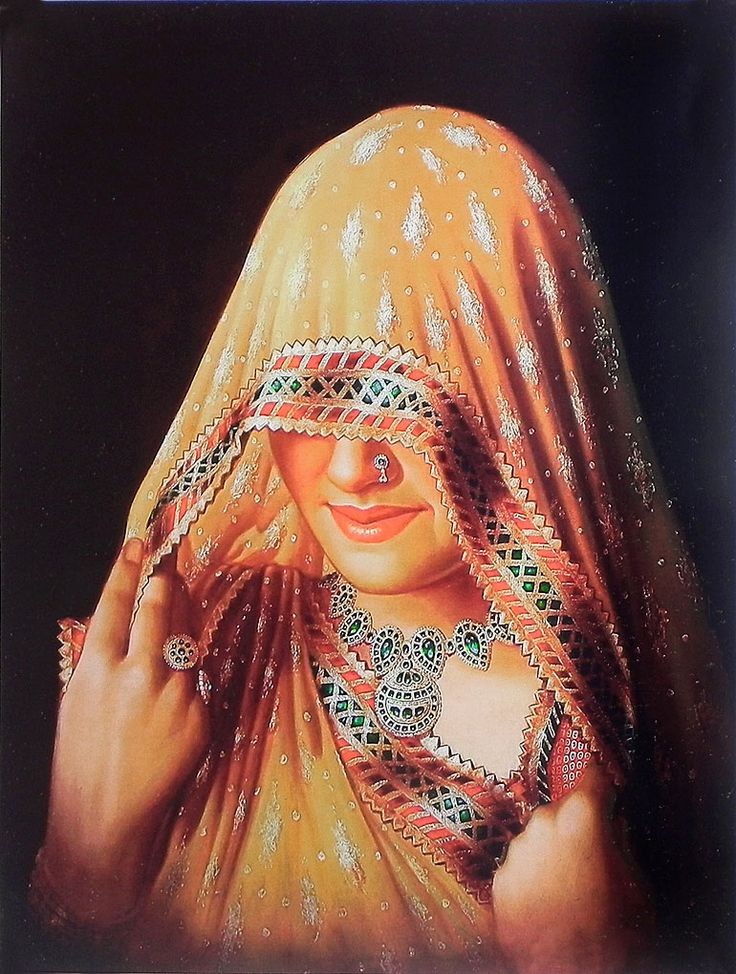
Sumangalī, since she is auspicious (Atharvar Veda 14/2/26)
Sushevā, for she is pleasant (Atharvar Veda 14/2/26)
Suvarchā, since she is splendid (Atharvar Veda 14/4/47)
@JustNoopur @sanjivarjungaur @meri_yaatra
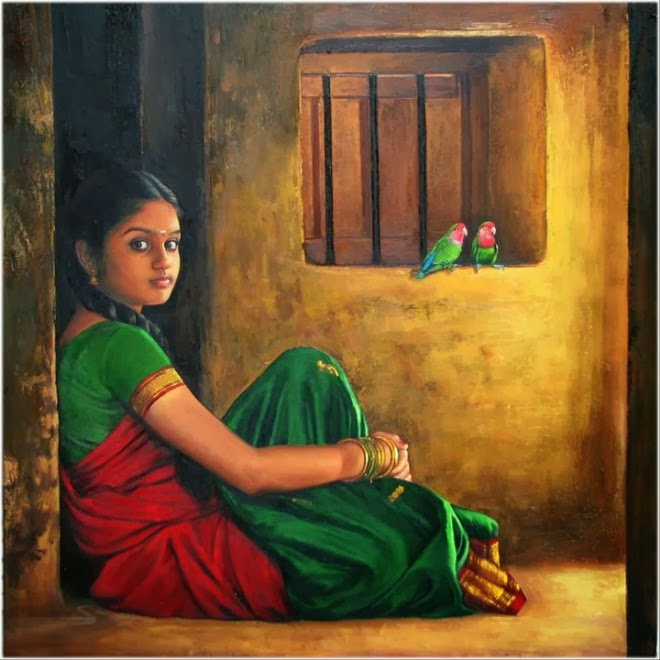
Syonā, for she is noble (Atharvar Veda 14/2/27)
Vīriņī, since she is mother of brave sons (Rig Veda 10/86/9, 10)
Vishrutā, since she is learned (Yajur Veda 8/43)
@seemapandey16 @pallavityagi27 @SoniUpadhyaya
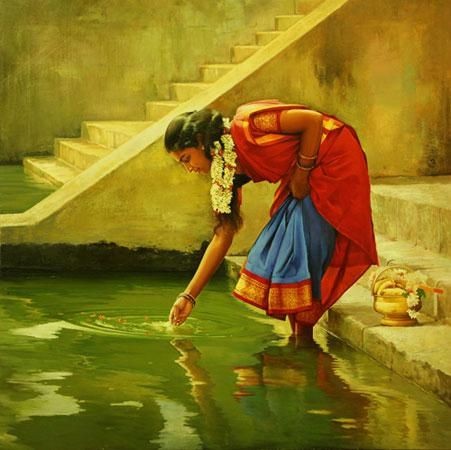
Yoşhā, because she is intermingled with man, she is not separate (Nirukta 3/15/1)
Source & Credits: Hinduism Demystified Classic (fb page) & author @authormanoshi blog. Here is the link below
myindiamyglory.com/2018/02/24/hig…
I think its time to put down my pen . I hope you will also like this article .
Thanks & Regards !!!
#agyaat



